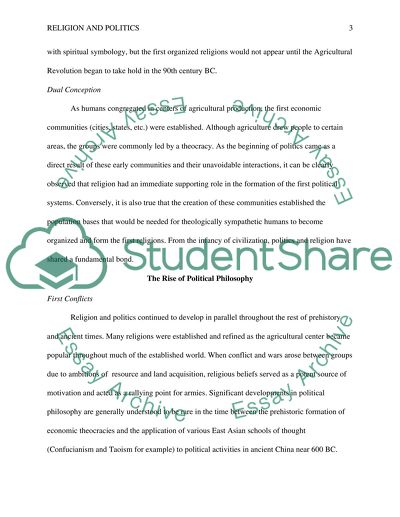Cite this document
(“The Influence of Religion on Politics Research Paper”, n.d.)
Retrieved from https://studentshare.org/sociology/1467088-the-influence-of-religion-on-politics
Retrieved from https://studentshare.org/sociology/1467088-the-influence-of-religion-on-politics
(The Influence of Religion on Politics Research Paper)
https://studentshare.org/sociology/1467088-the-influence-of-religion-on-politics.
https://studentshare.org/sociology/1467088-the-influence-of-religion-on-politics.
“The Influence of Religion on Politics Research Paper”, n.d. https://studentshare.org/sociology/1467088-the-influence-of-religion-on-politics.


